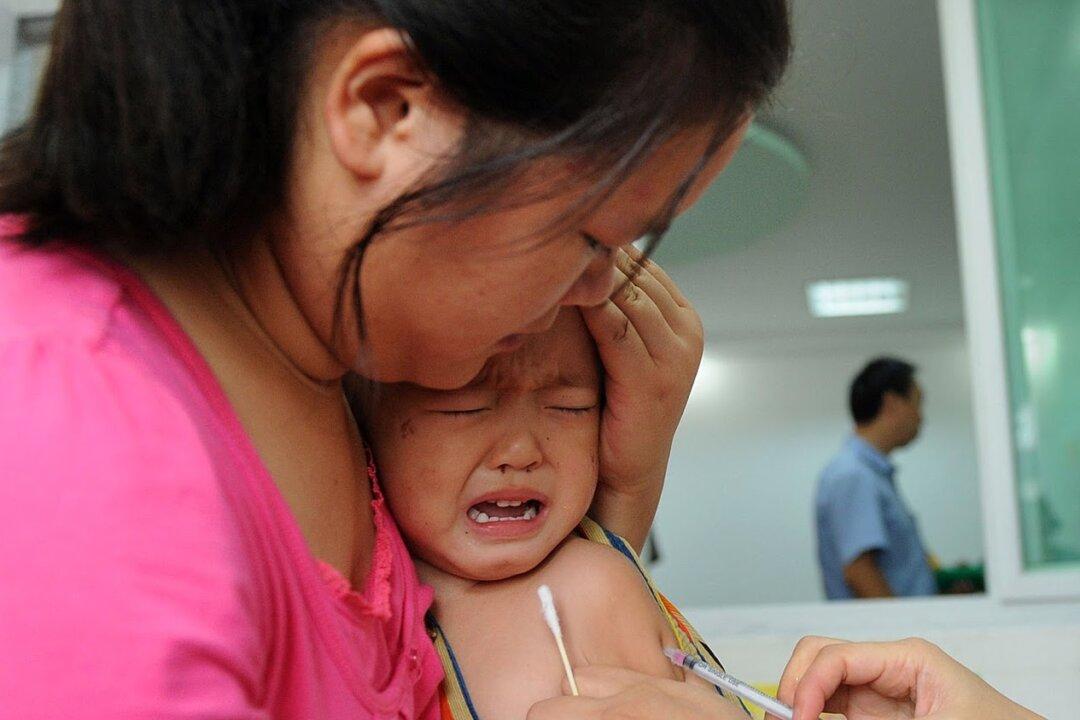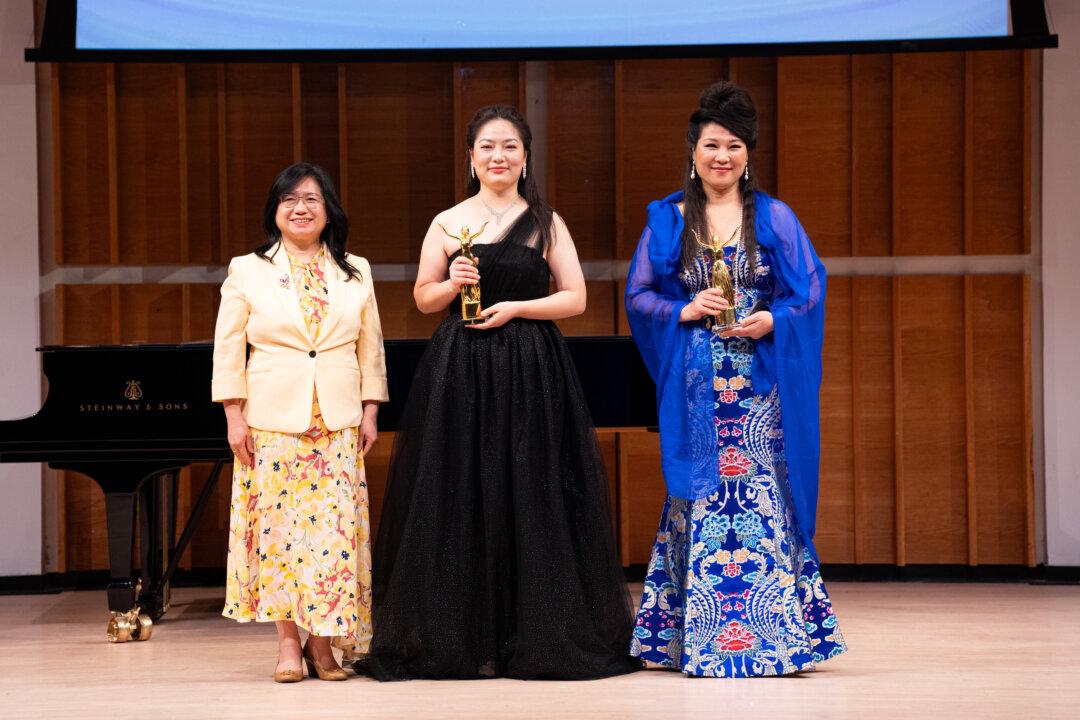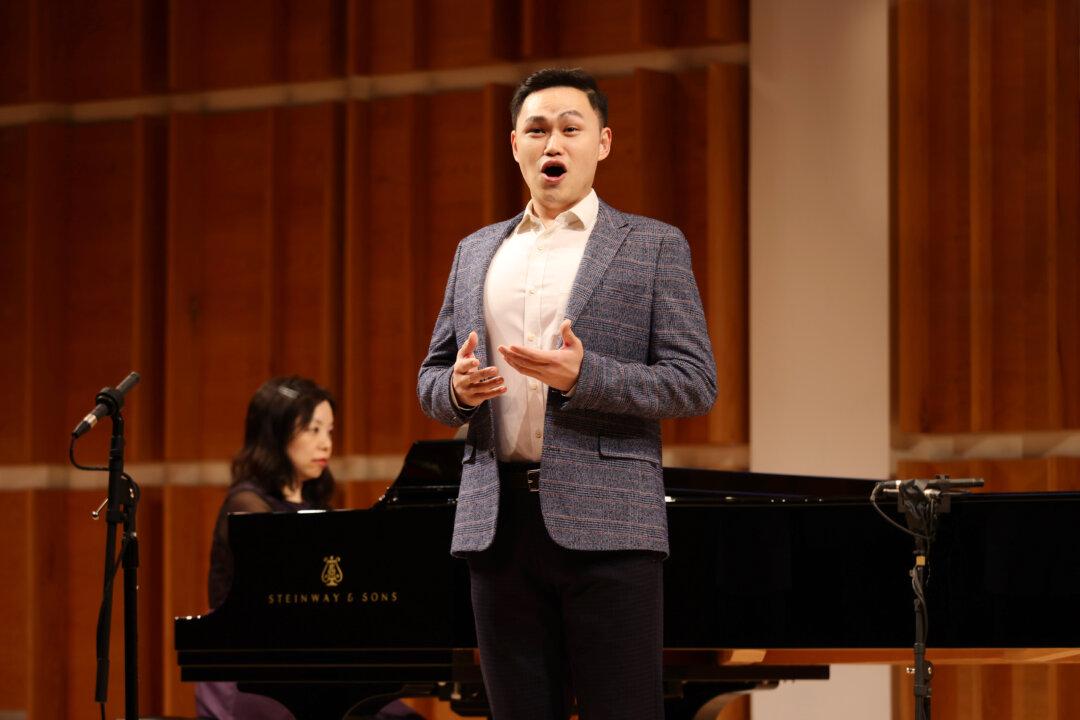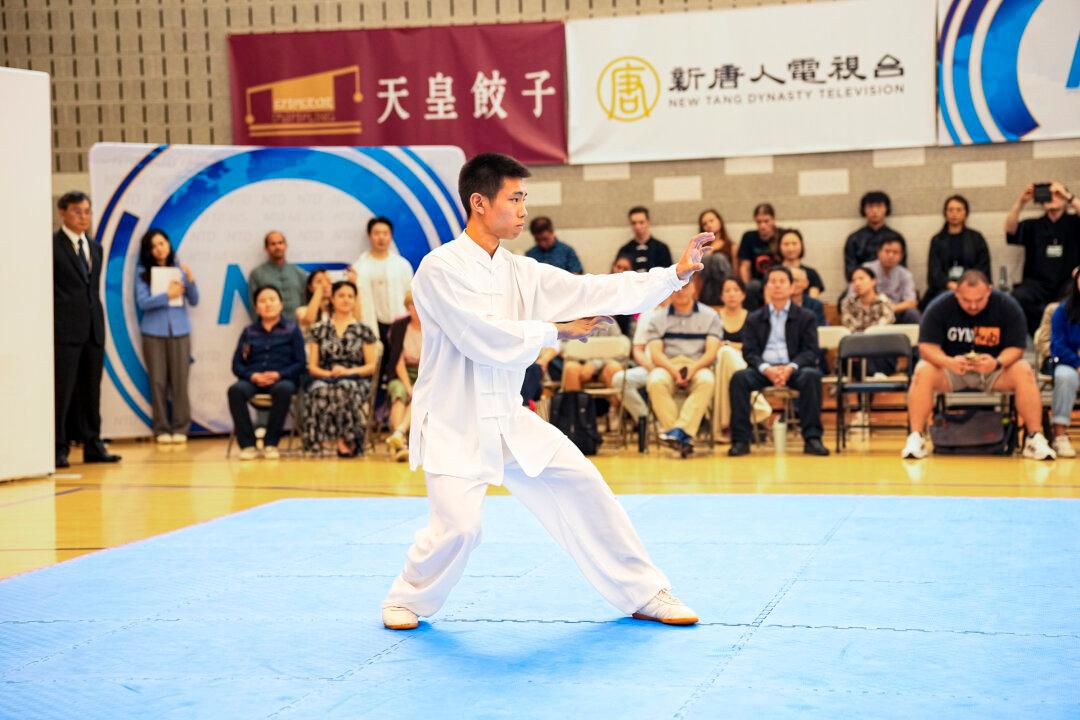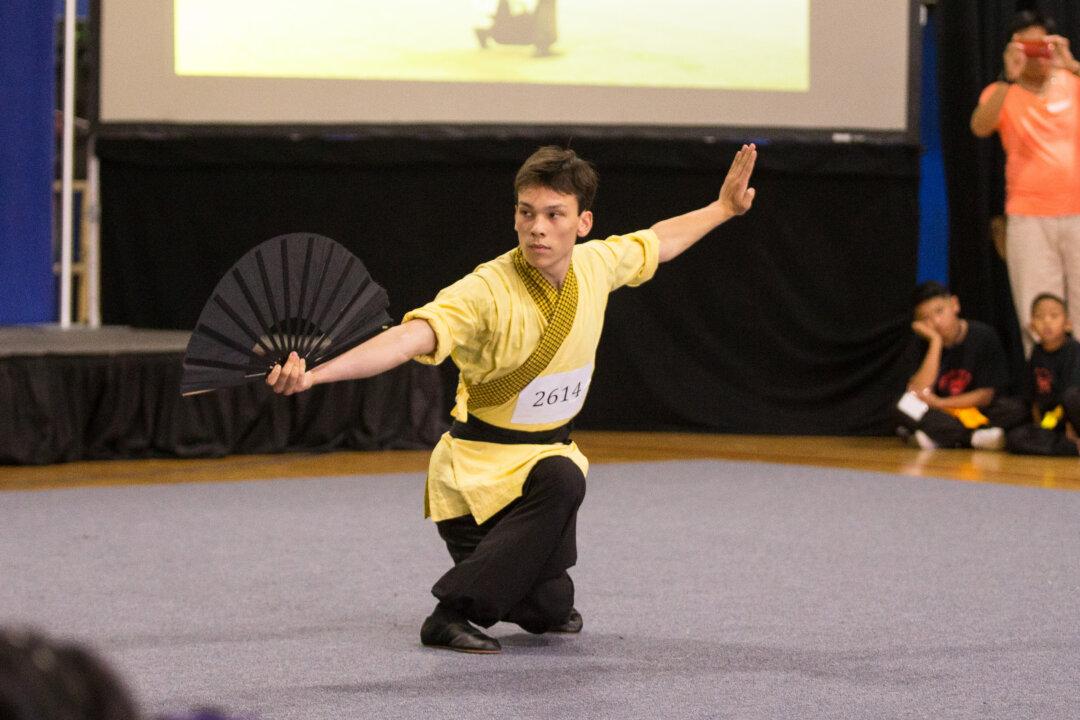When a massive scandal involving the sale of millions of poorly-stored or expired vaccines took China by storm, a social media group formed to advocate for poisoned victims and their families suddenly gained a huge increase in interest.
The founder of the group on the instant messaging service QQ, Yu Tong'an, has been involved in pharmaceutical activism for over a decade, ever since his son’s four limbs atrophied in 2005 because of a faulty vaccine.
Yu’s QQ group had over 1,500 members following the scandal that blew up in March. On April 16, Voice of America reported that it was shut down by Tencent, the company that runs QQ, and that Yu himself has been placed under close surveillance by the authorities.

Yu Tong'an takes part in a protest in his native province of Guangdong on March 27, 2010. Courtesy of Chinese netizen
